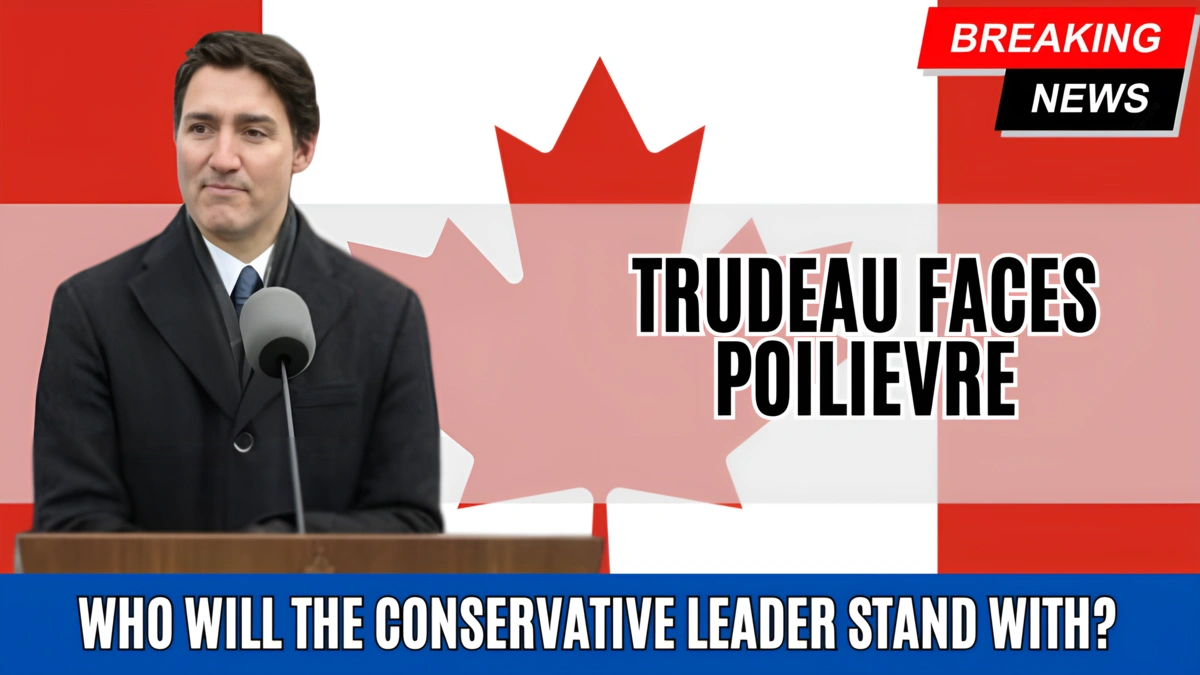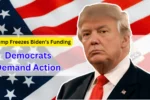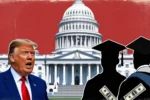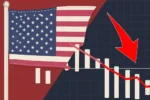Trudeau Faces Poilievre: Prime Minister Justin Trudeau has issued a challenge to Conservative Leader Pierre Poilievre, urging him to clarify his position on a critical national issue in light of the impending 25% import tariff threat on Canadian goods from U.S. President-elect Donald Trump. Trudeau emphasized that Poilievre must choose whether to stand with Canada’s unified response to the U.S. tariffs or align himself with Alberta Premier Danielle Smith and Trump, who have divergent views on the matter.
This challenge follows Poilievre’s public criticism of Trudeau’s response to the tariff threat, which he labeled as divisive. In contrast, Trudeau called for national unity and collaboration, especially as provinces across Canada seek to find common ground in the face of economic uncertainty.
National Unity Amid U.S. Tariff Threats
In an effort to formulate a coherent and unified response to the looming tariffs, Trudeau convened a meeting with provincial and territorial leaders. During the discussions, the group agreed on several potential countermeasures, including retaliatory tariffs on American goods and considering restrictions on energy exports to the U.S. These measures aim to assert Canada’s economic interests in the face of Trump’s tariff imposition.
However, Alberta Premier Danielle Smith strongly dissented from the proposed plan, particularly opposing any strategies that might restrict the province’s energy exports. Smith’s stance highlights a growing divide between regional leaders, underscoring the challenges of developing a cohesive national strategy to address the economic threat.
Poilievre’s Position on Energy Exports and Strategy
When questioned about Smith’s opposition and the broader response to the tariffs, Poilievre did not provide a definitive answer. Instead, he accused the Trudeau government of stoking division among provinces at a time when unity is most needed. Poilievre also took aim at Canada’s energy policies, advocating for the expansion of pipelines and energy export terminals to reduce the country’s dependence on the U.S. market.
Formation of the Canada-U.S. Relations Council
In response to these complexities, Trudeau announced the formation of an 18-member Canada-U.S. Relations Council. This panel, made up of political, business, and industry leaders, is tasked with advising the Prime Minister and his Cabinet on navigating the intricacies of Canada-U.S. relations during this critical juncture.
Notable members of the council include Jean Charest, former Premier of Quebec; Rachel Notley, former Premier of Alberta; Arlene Dickinson, businesswoman and former “Dragons’ Den” investor; and Flavio Volpe, President of the Automotive Parts Manufacturers’ Association (APMA). Together, these leaders will provide strategic guidance aimed at mitigating the economic and diplomatic challenges posed by the U.S. tariffs.
Conclusion: A Call for National Unity
As Canada faces the threat of significant economic disruption from U.S. tariffs, Prime Minister Trudeau continues to stress the importance of a united national response. The establishment of the Canada-U.S. Relations Council reflects Trudeau’s commitment to addressing the complexities of this issue while ensuring that Canada’s interests are upheld. However, the division between provincial leaders like Smith and the federal government, as well as Poilievre’s reluctance to take a firm stand, signals a critical test for Canada’s political landscape.



